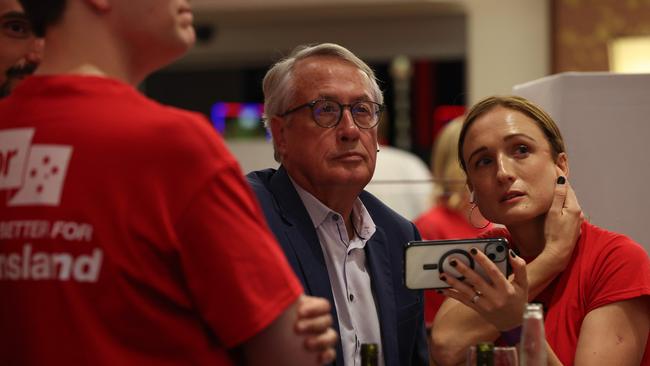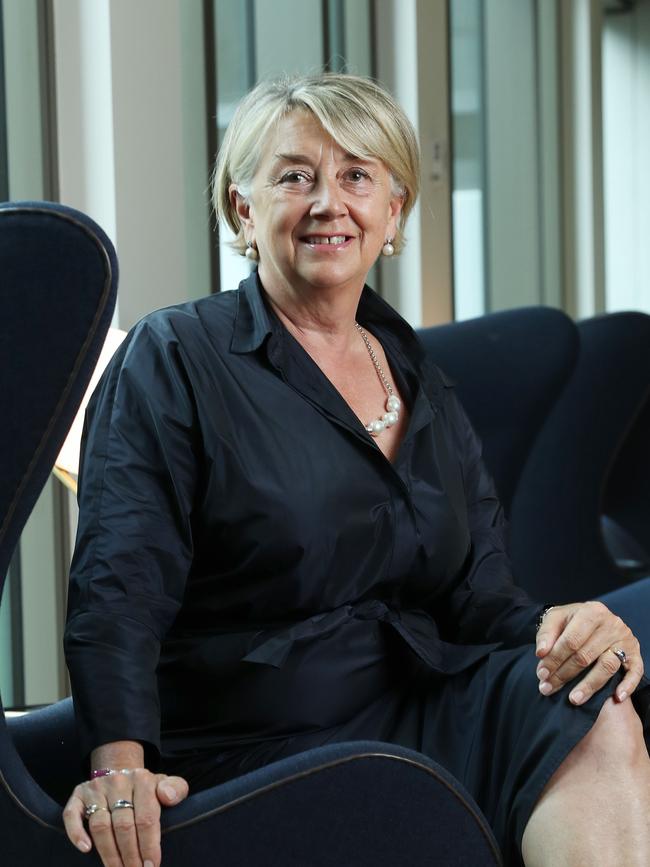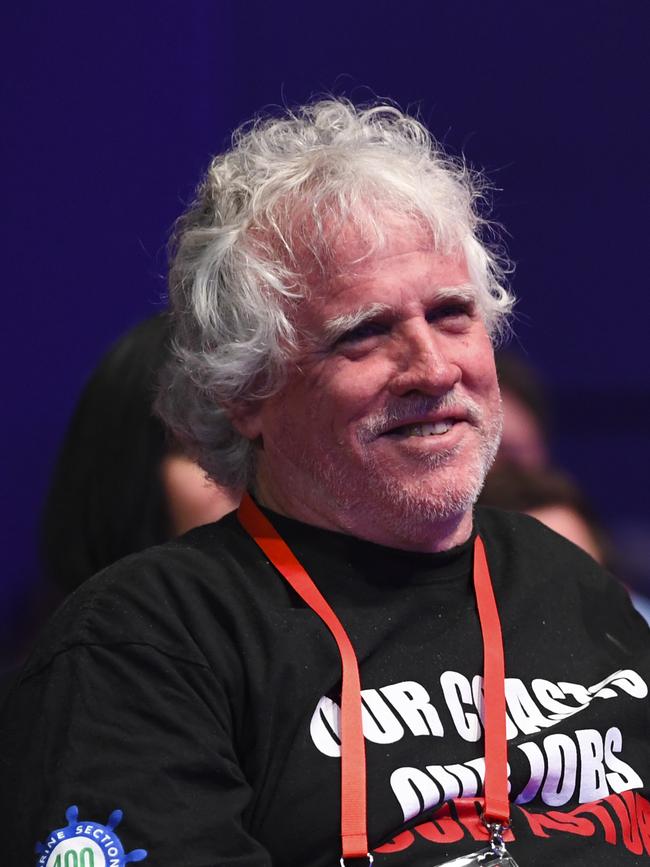Why the investment market has finally turned on industry fund Cbus and chairman Wayne Swan


Concerns have been mounting over how industry funds go about their business. The Reserve Bank questions how they invest in the local market. Prudential regulator APRA is concerned about “questionable expenses”.
There have even been concerns from the International Monetary Fund in Washington over how industry funds are treating unlisted investments.
But a report from the Australian arm of the Morningstar ratings group this week could do a lot more damage, because it cuts to the core of the problem: The $85bn Cbus is now jeopardising its status as a top fund due to controversial union links and a range of other personnel concerns.
Morningstar has downgraded Cbus – the parent of the Cbus Growth Plus Super – from an average rating to below average following its examination.
It is the first time an Australian super fund assessed by the group has been downgraded. The US-owned ratings agency reports regularly on funds such as Australian Super, ART, Cbus and Unisuper.
Although Cbus has performed perfectly well as a long-term investment with a 10-year return of 8.5 per cent, the issue for investors is whether the fund can retain this level of performance when investment professionals are calling out fresh concerns.
The criticism from Morningstar flies in the face of claims by Swan, the former federal treasurer who is also the ALP national president, that criticism of the fund is “just nonsense”.
The report says: “Cbus is not unique with its union representation; however, with the current and former chairs of the board also connected to the Australian Labor Party … increased independence would be welcomed.
“These concerns also extend to the appropriateness of union affiliates sitting on Cbus’ investment committee, which has important oversight around Cbus’ asset allocation and material private market transactions.”
Many see the industry funds as untouchable under an ALP administration thanks to endless links between unions, funds and the government. But Cbus has pushed the issue to the limit with its union and ALP links, personified by Swan.


Cbus is shortly expected to rubber stamp the elevation of Maritime Union of Australia national secretary Paddy Crumlin as a board member after he was nominated by the administrator of the CFMEU. During Crumlin’s tenure at the MUA that union’s super fund, Maritime Super, was listed as one of the poorest performing default funds in the local market.
After underperforming its own benchmarks, the fund was merged into the giant Hostplus industry fund in 2023.
In compiling his rating report on the Cbus Growth Plus Super fund, senior analyst David Little wrote that “concerns about broader governance and senior team turnover affect our conviction. Continued turnover and change across Cbus senior investment team further temper our view”.
Morningstar has openly questioned the speed at which the fund’s top roles have changed in recent times. The report singled out “the sharp departures of deputy chief investment officer Alexandra Campbell and head of total portfolio management Mark Ferguson” which it said raised concerns.
“We have made it pretty clear what we see missing at Cbus and we hope they now strive for a higher rating,” Little told The Australian.
The Morningstar report coincides with the release of an APRA report which details superannuation expenses – but the regulator has chosen to not name names in the report which greatly dilutes its effect. The report said that investment-related expenses is about one third of spending at the big funds
According to APRA deputy chair Margaret Cole, the “fund expenditure will be reviewed and scrutinised with intensity: It has become a priority frontier in our supervision agenda”.




A top investment ratings group has expressed strong concerns over the operations of industry fund Cbus, making it a liability to “big super” – and chairman Wayne Swan is increasingly part of the problem.